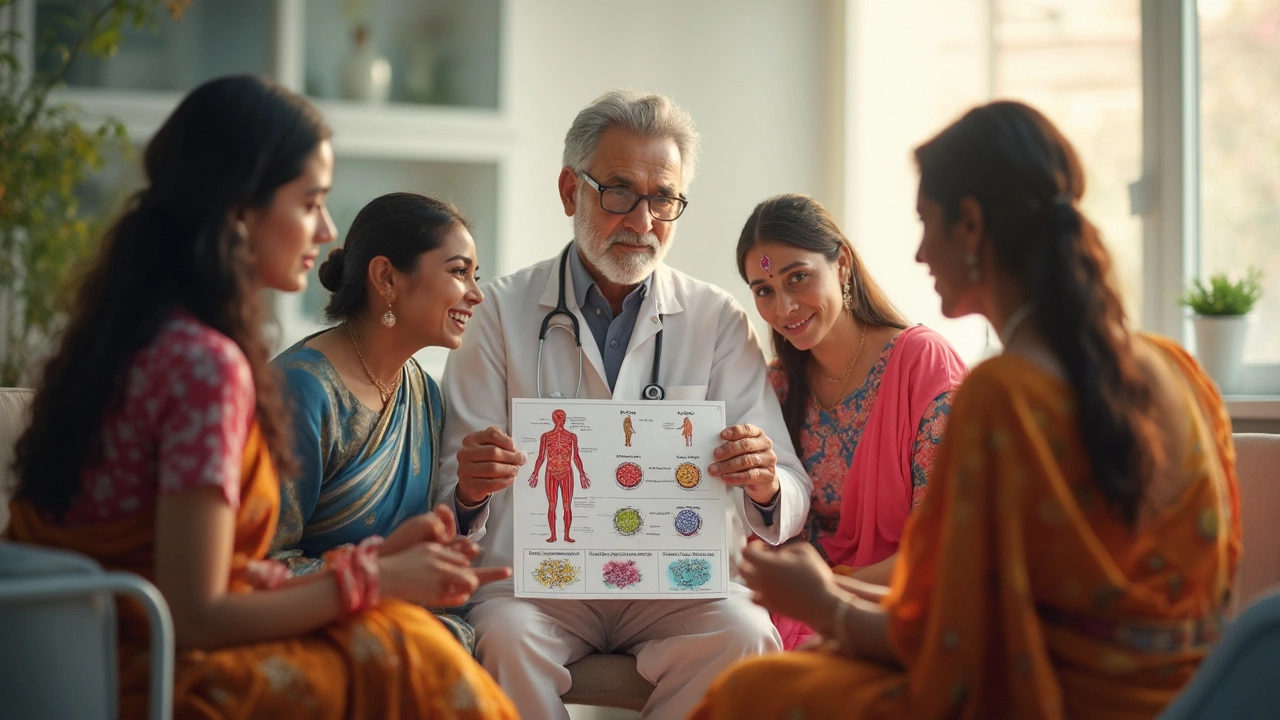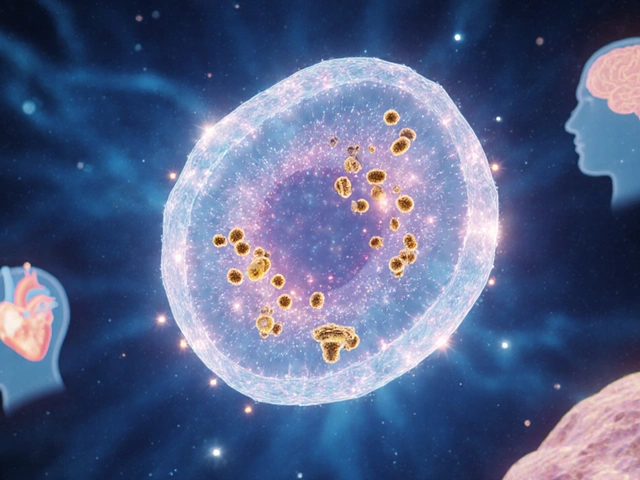Cancer Recovery: Practical Tips for Healing After Treatment
If you’ve just finished chemo, radiation, or surgery, you might wonder what comes next. Recovery isn’t a single step – it’s a series of daily choices that help your body and mind bounce back. Below are simple actions you can start right away to support your healing.
First, give yourself permission to rest. Your body used a lot of energy fighting cancer, so it’s normal to feel tired for weeks or months. Listen to signals like yawning, heavy limbs, or a desire to nap, and let yourself pause without feeling guilty.
Nutrition and Exercise
Food is fuel, plain and simple. Aim for a colorful plate: leafy greens, bright vegetables, lean protein, and whole grains. These foods supply vitamins, minerals, and protein that rebuild tissue. If your appetite is low, try small, frequent meals instead of three big ones. A smoothie with banana, spinach, Greek yogurt, and a scoop of protein powder can be easier to digest.
Exercise might sound tough, but even light activity helps. A 10‑minute walk around the block can improve circulation, lift mood, and reduce fatigue. Gradually increase duration or add gentle stretches as you feel stronger. Always check with your oncologist before starting a new routine, especially if you have surgery scars or nerve issues.
Staying hydrated is key, too. Aim for eight glasses of water a day, or sip herbal tea if plain water feels boring. Proper hydration helps kidneys clear medication remnants and keeps skin healthy.
Emotional Support and Follow‑Up Care
Recovery isn’t just physical. Many survivors feel anxiety about recurrence, changes in appearance, or future plans. Talking to someone you trust – a friend, family member, or therapist – can lighten that load. If you’re not sure where to start, ask your hospital’s support services for a counselor who knows cancer survivorship.
Regular follow‑up appointments are a safety net. Your doctor will check blood work, imaging, and overall health to catch any issues early. Keep a simple notebook with medication names, side‑effects, and questions you want to ask at each visit.
Support groups, even online ones, let you hear stories from people walking the same path. Knowing you’re not alone makes the road feel shorter. Some groups share practical hacks, like how to manage dry mouth after radiation or simple breathing exercises for stress.
Finally, celebrate small wins. Whether you walked an extra block, cooked a nutritious meal, or simply slept through the night, those moments add up. Recovery is a marathon, not a sprint, and every positive step moves you forward.
Remember, you don’t have to figure it all out on your own. Use your medical team, loved ones, and community resources – they’re there to help you thrive after cancer.

What Cancer Is 100% Curable? Facts, Myths, and Hope
Everyone wants to know if there’s a cancer that’s 100% curable, and the answer might surprise you. This article breaks down which cancers can be fully treated when caught early, separates myth from reality, and shares the latest facts about recovery. Learn how timing, treatment, and a bit of luck can play a huge role in beating cancer. You’ll also find tips for early detection and how new treatments are changing the outlook for many people. If you or someone you love is facing a cancer diagnosis, this article offers practical, real-world hope without sugarcoating the truth.

CoQ10 Benefits: Uses, Dosage, and Safety Guide
Oct, 8 2025

Can You Shed 20 Pounds in a Month?
Feb, 11 2025


